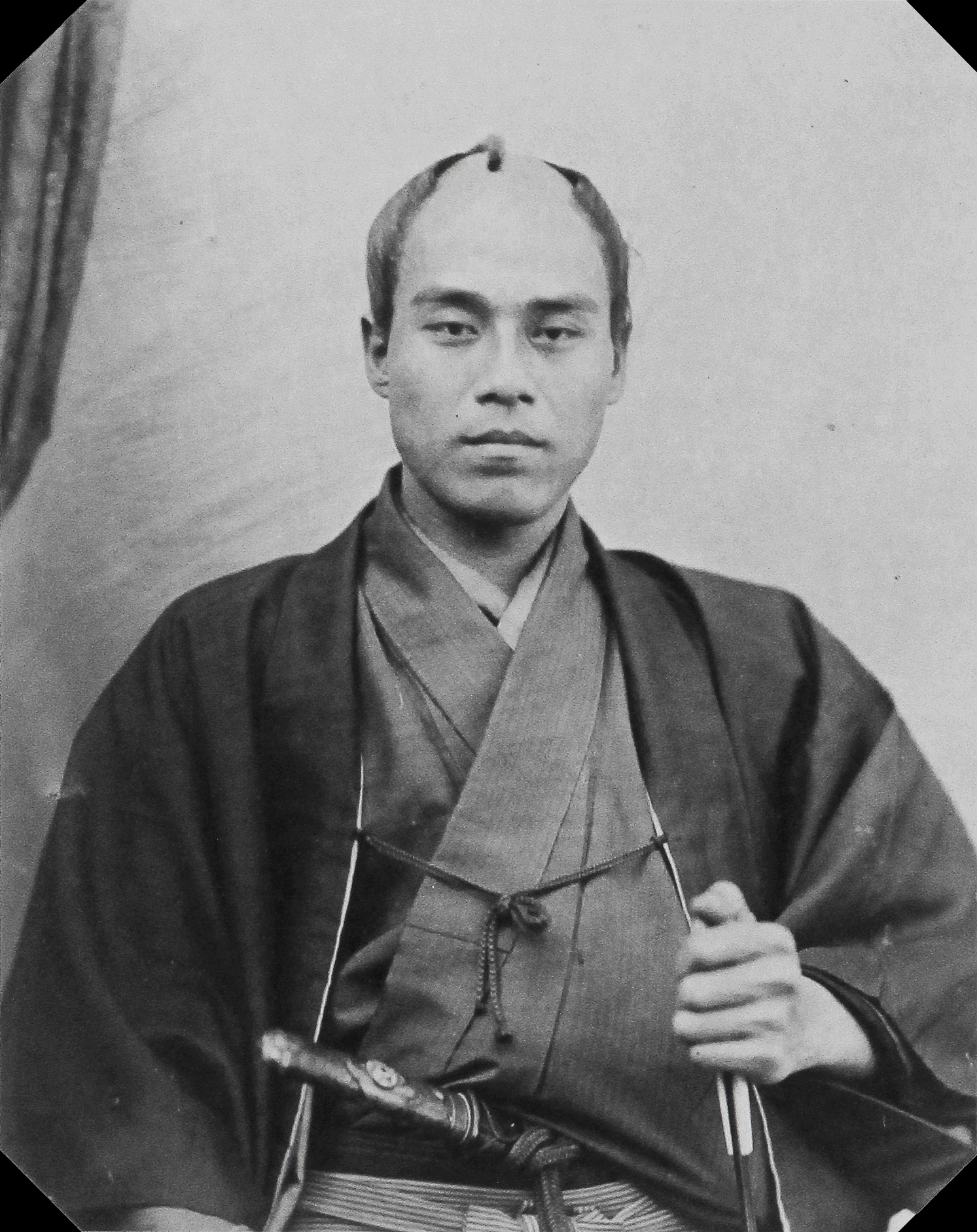Gakumon no Susume [An Encouragement of Learning] (1872–1876).
Contesto: Each individual man and each individual country, according to the principles of natural reason, is free from bondage. Consequently, if there is some threat that might infringe upon a country’s freedom, then that country should not hesitate even to take up arms against all the countries of the world.
Fukuzawa Yukichi: Frasi in inglese
From Fukuzawa Yukichi on Japanese Women (1988), trans. Kiyooka Eiichi.
Gakumon no Susume [An Encouragement of Learning] (1872–1876).
Origine: The Autobiography of Fukuzawa Yukichi (1897), Ch. XV.
Bunmeiron no Gairyaku [An Outline of a Theory of civilization] (1875).
Contesto: In its broad sense, civilization means not only comfort in daily necessities but also the refining of knowledge and the cultivation of virtue so as to elevate human life to a higher plane... It refers to the attainment of both material well-being and the elevation of the human spirit, [but] since what produces man’s well-being and refinement is knowledge and virtue, civilization ultimately means the progress of man’s knowledge and virtue.
Bunmeiron no Gairyaku [An Outline of a Theory of Civilization] (1875).
Contesto: Robbery and murder are the worst of human crimes; but in the West there are robbers and murderers. There are those who form cliques to vie for the reins of power and who, when deprived of that power, decry the injustice of it all. Even worse, international diplomacy is really based on the art of deception. Surveying the situation as a whole, all we can say is that there is a general prevalence of good over bad, but we can hardly call the situation perfect. When, several thousand years hence, the levels of knowledge and virtue of the peoples of the world will have made great progress (to the point of becoming utopian), the present condition of the nations of the West will surely seem a pitifully primitive stage. Seen in this light, civilization is an open-ended process. We cannot be satisfied with the present level of attainment of the West.
Bunmeiron no Gairyaku [An Outline of a Theory of Civilization] (1875).
Contesto: Robbery and murder are the worst of human crimes; but in the West there are robbers and murderers. There are those who form cliques to vie for the reins of power and who, when deprived of that power, decry the injustice of it all. Even worse, international diplomacy is really based on the art of deception. Surveying the situation as a whole, all we can say is that there is a general prevalence of good over bad, but we can hardly call the situation perfect. When, several thousand years hence, the levels of knowledge and virtue of the peoples of the world will have made great progress (to the point of becoming utopian), the present condition of the nations of the West will surely seem a pitifully primitive stage. Seen in this light, civilization is an open-ended process. We cannot be satisfied with the present level of attainment of the West.
Origine: The Autobiography of Fukuzawa Yukichi (1897), Ch. X.
Contesto: Whatever happens in the country, whatever warfare harasses our land, we will never relinquish our hold on Western learning. As long as this school of ours stands, Japan remains a civilized nation of the world.
"Datsu-a-ron" [On departure from Asia], Jiji Shimpo (1885-03-16).
Contesto: Once the wind of Western civilization blows to the East, every blade of grass and every tree in the East follow what the Western wind brings... We do not have time to wait for the enlightenment of our neighbors so that we can work together toward the development of Asia. It is better for us to leave the ranks of Asian nations and cast our lot with civilized nations of the West... We should deal with them exactly as the Westerners do.
Origine: The Autobiography of Fukuzawa Yukichi (1897), Ch. XI.
Origine: The Autobiography of Fukuzawa Yukichi (1897), Ch. XI.
Bunmeiron no Gairyaku [An Outline of a Theory of civilization] (1875).
